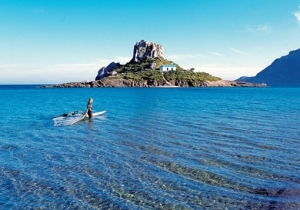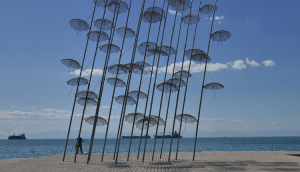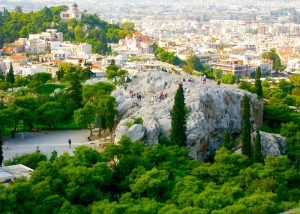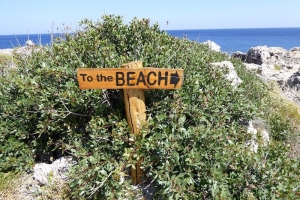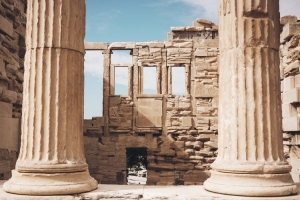Kos is the birthplace of Hippocrates, the ‘father’ of medicine (460-377 B.C) and was already inhabited during the Neolithic Period (5th - 4th century BC). The island was officially united with Greece in 1948.
Kos island extends over a surface of 290 km2; its coastline is 112 km and has 31,000 inhabitants. It can be reached by ferry from Piraeus Port or by airplane from the Athens International Airport, Eleftherios Venizelos.
Kos island has several sandy coasts. The beaches in the north side of the island are more affected by winds. Most of the coasts underwent touristic development and have easy access and various services. Some of the most visited beaches are: Nomikou-Barbagianni sandy beach extending from the city of Kos to the surrounding areas. It is an organized beach with umbrellas and deck-chairs, water sports, restaurants and bars. Zourouni sandy beach is an organized beach with umbrellas and deck-chairs, water sports, bars and loud music. Nautical Club beach with fine sand is awarded with the European Union blue flag. Milos beach with fine sand, has also been awarded with the European Union blue flag. There is a coastal bar with loud music and frequent concerts.
Lambi beach has small rocks followed afterwards by fine sand. It is a beach that usually has waves.
Karnagio beach is located in a quiet area, with fine sand and shallow waters.
Psalidi beach, with rocks, that makes it ideal for spear fishing. There are restaurants and taverns here.
Aghios Fokas beach is located in a quiet area with black sand and steep depth.
“Esperides” beach with thick sand and peddles located in a quiet area.
Thermes beach with abrupt depth surrounded by steep rocks. There you can find warm thermal spas.
To read more, please visit visitgreece.gr



